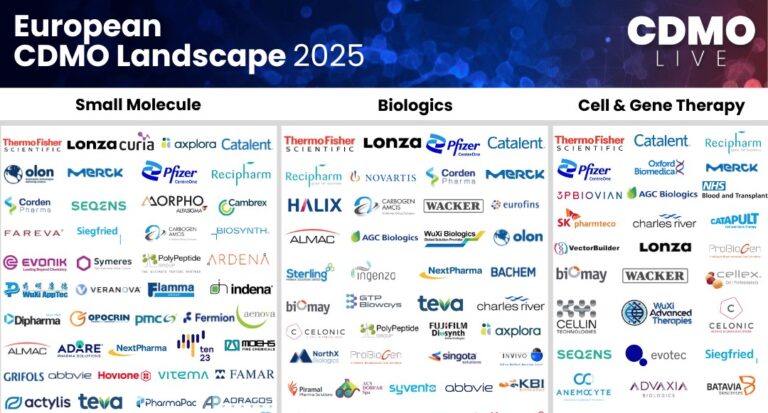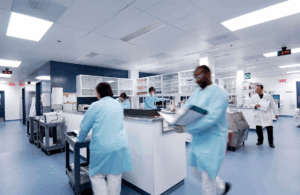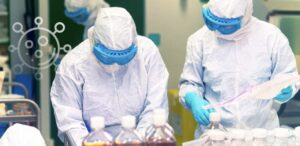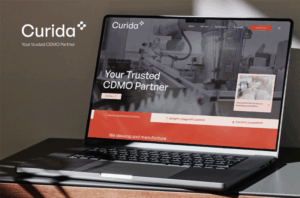- Essential Pharma’s rare disease business has signed a strategic agreement with AGC Biologics to produce Hu14.18, a humanized monoclonal antibody being developed for the treatment of high-risk neuroblastoma.
- AGC Biologics will support the process development, scale-up, and manufacturing as Essential Pharma plans to commence clinical activities and ongoing regulatory agency interactions over the coming months.

Essential Pharma has entered into a strategic agreement with AGC Biologics for the production of Hu14.18, a humanized monoclonal antibody. This antibody is currently under development for the treatment of high-risk neuroblastoma (HRNB), a rare and aggressive form of cancer that primarily affects children.
Under the terms of the agreement, AGC Biologics will support the process development, scale-up, and manufacturing of Hu14.18. This support will be crucial as Essential Pharma plans to commence clinical activities and engage in ongoing interactions with regulatory agencies in the coming months.
Emma Johnson, CEO of Essential Pharma, expressed optimism about the partnership. “This partnership will help us to accelerate the late-stage development of Hu14.18, which shows therapeutic promise for high-risk neuroblastoma patients, the majority of whom are young children,” she said.
Christoph Winterhalter, CBO at AGC Biologics, also shared his thoughts on the collaboration. “Our Copenhagen site has the expertise and experience in therapeutic antibodies to accelerate the late-stage development and manufacturing of Hu14.18,” he said. “We look forward to partnering with Essential Pharma and working together to ensure the product meets the high level of quality, yield and all data packages needed to successfully master future clinical trials and regulatory agency submissions.”
Essential Pharma acquired Renaissance Pharma in April 2024 and is now responsible for the development of Hu14.18. A Phase II trial incorporating Hu14.18 into first-line therapy, and additionally within post-consolidation therapy for HRNB patients, demonstrated positive patient outcomes with 3-year event-free survival (EFS) of 73.7% and overall survival (OS) of 86.0%. Data from this study were published in the Journal of Clinical Oncology in December 2021 and are approaching five-year OS readouts.













